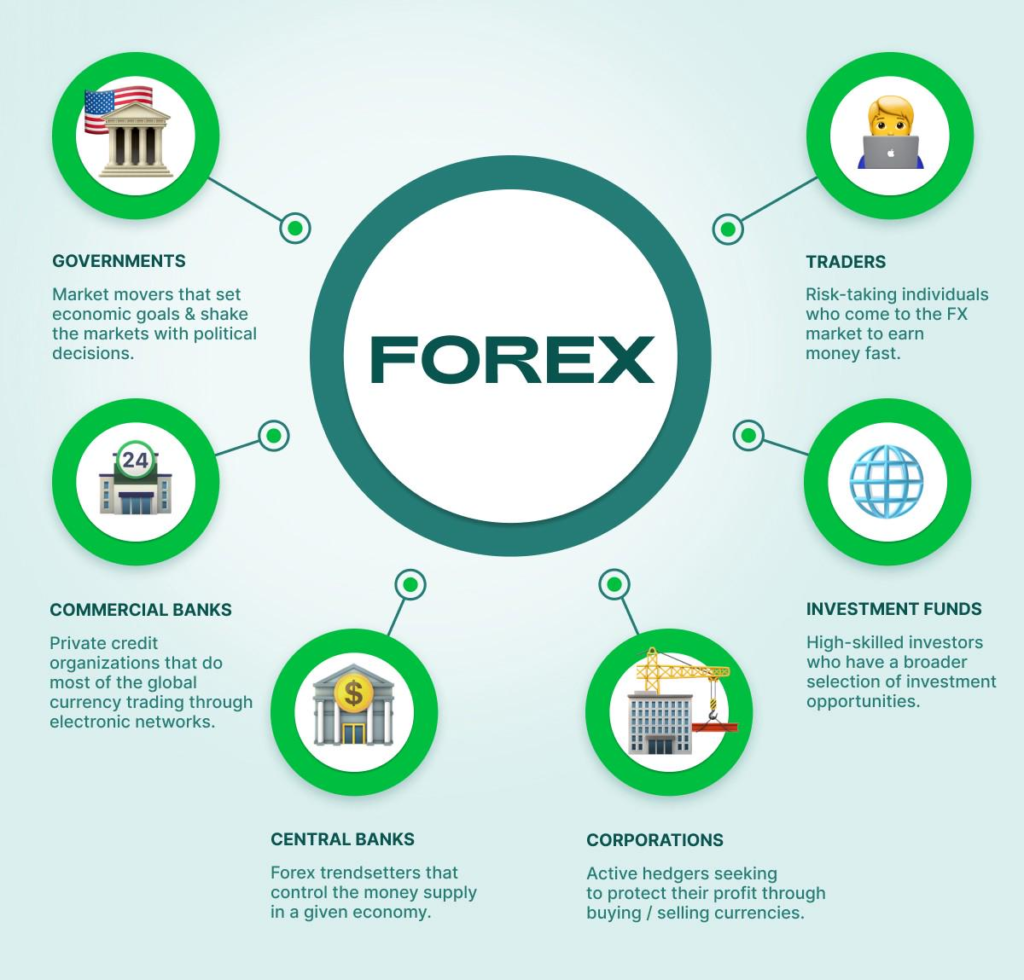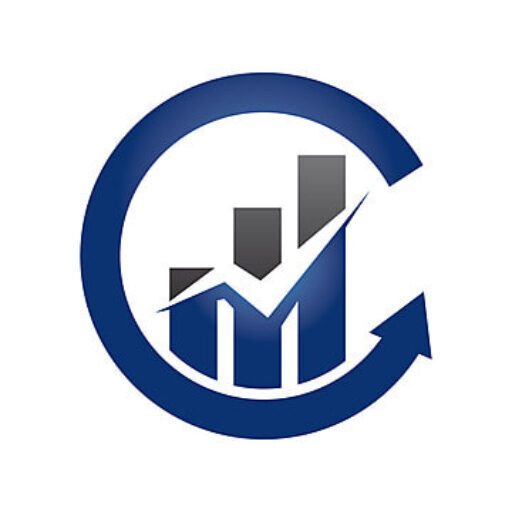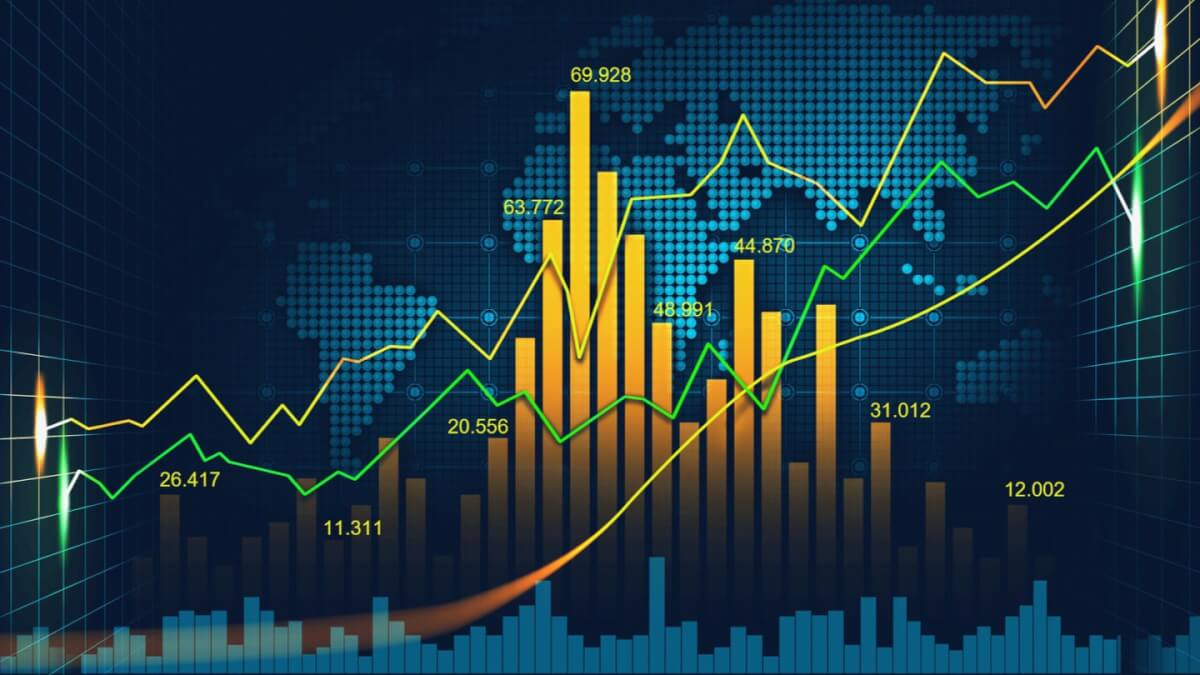The forex market (foreign exchange market) is the largest and most liquid financial market in the world, where currencies are traded against each other. It operates 24 hours a day, five days a week, across global financial centers. The primary purpose of the forex market is to facilitate international trade and investment, allowing businesses, governments, and individuals to convert one currency into another.

- Global and Decentralized:
- The forex market operates without a central exchange or a physical location. It is a decentralized marketplace where trading occurs over-the-counter (OTC) through a network of banks, brokers, and electronic platforms across different time zones.
- Major trading centers include London, New York, Tokyo, and Sydney.
- Major Currency Pairs:
- The forex market involves trading currency pairs, where one currency is bought, and another is sold simultaneously. Some of the most traded pairs include:
- EUR/USD (Euro/US Dollar)
- GBP/USD (British Pound/US Dollar)
- USD/JPY (US Dollar/Japanese Yen)
- USD/CHF (US Dollar/Swiss Franc)
- AUD/USD (Australian Dollar/US Dollar)
- USD/CAD (US Dollar/Canadian Dollar)
- These pairs are considered major because they involve highly traded currencies and are very liquid.
- Types of Trading:
- Spot Market: The most common form of forex trading, where currencies are bought and sold for immediate delivery.
- Futures Market: Contracts are traded based on a set price and date in the future.
- Forward Market: Custom contracts between two parties to buy or sell currencies at a future date for a specific price.
- Options Market: Offers the right, but not the obligation, to buy or sell currencies at a future date at a predetermined price.
- Leverage and Margin Trading:
- The forex market allows traders to use leverage, meaning they can control a large position with a small initial investment (margin). For example, with 1:100 leverage, a trader can control $100,000 with just $1,000.
- While leverage can amplify profits, it also increases the potential for significant losses.
- Volatility and Liquidity:
- The forex market is highly liquid, meaning it’s easy to buy and sell currencies quickly with minimal price movement.
- However, it is also volatile, with prices fluctuating rapidly due to economic news, geopolitical events, and changes in supply and demand.
- Participants in the Forex Market:
- Banks: Major players in the forex market, conducting large transactions for clients and on their own behalf.
- Corporations: Use forex to hedge currency risks from international business operations.
- Governments and Central Banks: Influence the market through interest rate policies, currency interventions, and monetary policies.
- Retail Traders: Individual investors who speculate on currency movements using trading platforms provided by brokers.
- Hedge Funds: Speculative players that use forex for high-risk, high-reward trading strategies.
- Factors Influencing the Forex Market:
- Interest Rates: Central bank decisions on interest rates significantly impact currency values.
- Economic Indicators: Data such as GDP, unemployment rates, inflation, and trade balances drive market movements.
- Geopolitical Events: Political instability, elections, wars, and trade negotiations can cause currency volatility.
- Market Sentiment: Speculative trades and the overall mood of investors can push currency prices up or down.
- Forex Trading Strategies:
- Scalping: Involves making small profits on frequent trades throughout the day, capitalizing on minor price changes.
- Day Trading: Traders open and close positions within the same trading day to avoid overnight exposure.
- Swing Trading: Traders hold positions for days or weeks to profit from medium-term trends.
- Position Trading: Long-term strategy where traders hold positions for months or years, based on fundamental analysis of the economy and currency.
- Forex Brokers:
- Retail traders access the forex market through brokers that provide trading platforms, leverage, and access to currency pairs.
- Brokers may charge a spread (difference between the buy and sell price) or commissions on trades.
- Risks in the Forex Market:
- Market Risk: Sudden changes in currency prices can lead to large losses.
- Leverage Risk: High leverage amplifies both profits and losses.
- Counterparty Risk: The risk that a broker or financial institution may default on its obligations.
- Liquidity Risk: Although rare in forex, certain events or low-volume periods can lead to difficulties in executing trades at desired prices.
Why Trade in the Forex Market?
- Accessibility: The market is open 24/5, making it highly accessible to traders around the world.
- High Liquidity: Currencies are highly liquid, meaning traders can enter and exit positions quickly.
- Diverse Opportunities: Traders can profit from both rising and falling markets through buying or short-selling currency pairs.
The forex market offers vast opportunities for traders and investors but comes with substantial risks due to its high leverage and volatility. Success in the forex market often requires a deep understanding of global economics, trading strategies, and risk management techniques.

